
If you're looking for an important Muslim African woman to talk about during Black History month, look no further than the life of Prophet Muhammad, peace and blessings be upon him, and the woman he described as "(my) mother after my own mother. She is the rest of my family."
Barakah, also known as Umm Ayman, was the woman whom the noble Prophet esteemed so highly. She was the first person to hold him in her arms when he was born, and the only person who knew him from that point until his death. She was one of the few Muslims who the Prophet assured of a place in Paradise.
Many of us know that the Prophet lost both of his parents at an early age. "Be a mother to him, Barakah. And don't ever leave him," his mother Amina instructed Barakah about her young son as she lay dying.
Barakah did not fail in her responsibility.
Her beginnings were more than humble. In her youth, the Abyssinian girl was put up for sale in Makkah as a slave. She was bought by Abdullah, the father of the Prophet, the son of Abdul Muttalib, who was known for his nobility and gentleness. He treated her with kindness, which was generally not the norm, and considered her part of the family.
Barakah not only took care of Abdullah's affairs as a servant in his home, but after he married the Prophet's mother, she looked after Amina as well.
It was Barakah who slept at the foot of Amina's bed and comforted her when, only two weeks after her wedding, her husband was instructed to leave for that journey to Syria, after which he never came back. It was Barakah who took care of Amina during her pregnancy.
It was she who gave Amina the news of her husband's death at Yathrib (her son, too, would one day be buried there), what was later to be known as Madinah.
As the Prophet faced tragedy upon tragedy, Barakah was there for him. From the time his mother died when he was six, to when his grandfather Abdul Muttalib passed away when he was eight, Barakah gave her full love and support to the Prophet.
It was only after he married Khadija, may Allah be pleased with her, that she married - and that too, on their insistence.
She married Ubayd ibn Zayd from the Khazraj tribe of Yathrib and they had a son named Ayman. She became known as Umm Ayman (mother of Ayman).
When the Prophet began receiving the revelation of the Quran, Umm Ayman was among the first Muslims. Like the others, she bravely faced the punishments of the Quraysh tribe for those who dared to believe that there is only One God and that Muhammad is His Messenger. God’s peace and blessings be upon the Prophet.
Barakah and Zayd ibn Harithah, another companion who lived in the Prophet's household, put their lives on the line to find out about the plots and conspiracies of the Quraysh against the Prophet and the Muslims.
During the Battle of Uhud she gave out water to the thirsty soldiers and took care of the wounded. She accompanied the Prophet on some expeditions.
She tied her well-being to that of Islam. During a visit from the Prophet, he asked: "Ya Ummi (Oh my mother)! Are you well?" and she would reply, "I am well, O Messenger of Allah so long as Islam is."
Barakah's husband died not very long after their marriage. When she was in her 50s, the Prophet, when speaking to his Companions said, "Should one of you desire to marry a woman from the people of Paradise, let him marry Umm Ayman."
It was Zayd ibn Harithah who stepped forward and agreed to marry her. They had a son named Usamah who was described as "the beloved son of the beloved." In other words, the Prophet loved both him and his father.
One example of Barakah's dedication to Islam and the Prophet was when she trekked across the burning desert through sandstorms on foot from Makkah to Madinah to join the Prophet. Despite the harshness of the journey, she persisted, and was given good news when she reached her destination.
When she got to Madinah, swollen feet, dust-covered face and all, the Prophet said to her, "Ya Umm Ayman! Ya Ummi! (O Umm Ayman! O my mother!) Indeed for you is a place in Paradise!"
She became a widow again after Zayd was killed during the Battle of Mutah in Syria. She also lived to see her son Ayman's martyrdom at the Battle of Hunayn, where he was killed defending the Prophet.
Barakah lived to see her other "son" die as well: the Prophet. But it was not for him she cried. When asked, she said, "By Allah, I knew that the Messenger of Allah would die, but I cry now because the revelation from on high has come to an end for us."
Barakah died when Uthman was Khalifa. May God be pleased with them both. She left behind a legacy of unshakeable faith and longstanding dedication to Allah, the Prophet, and Islam that few in Islamic history can rival that.

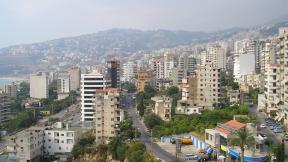
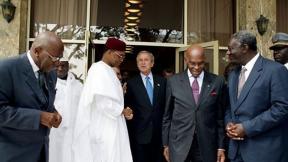
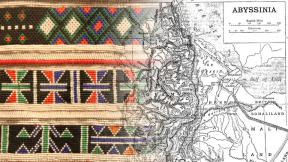
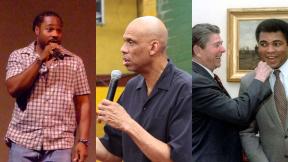
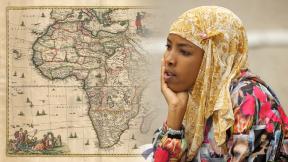


Add new comment